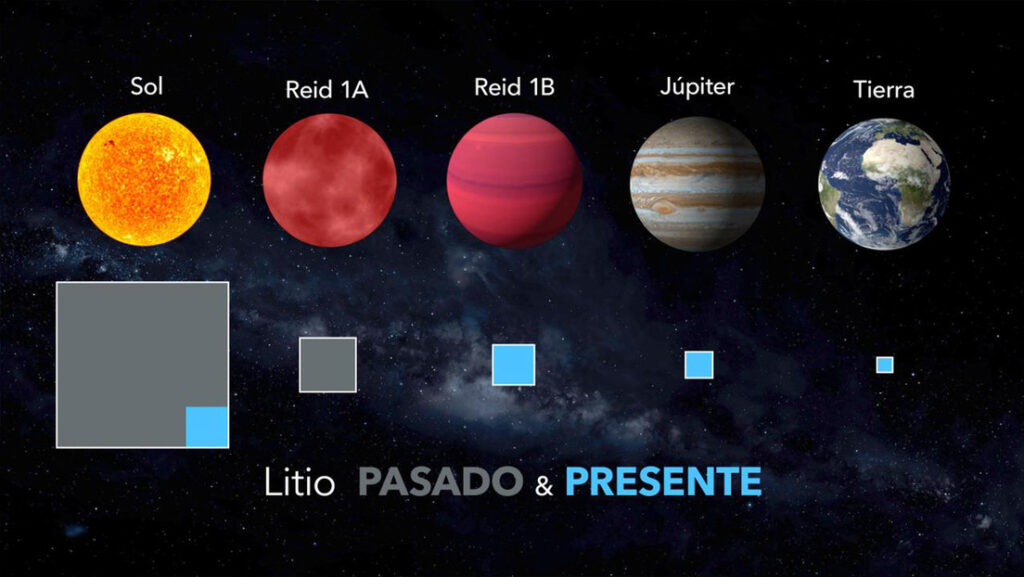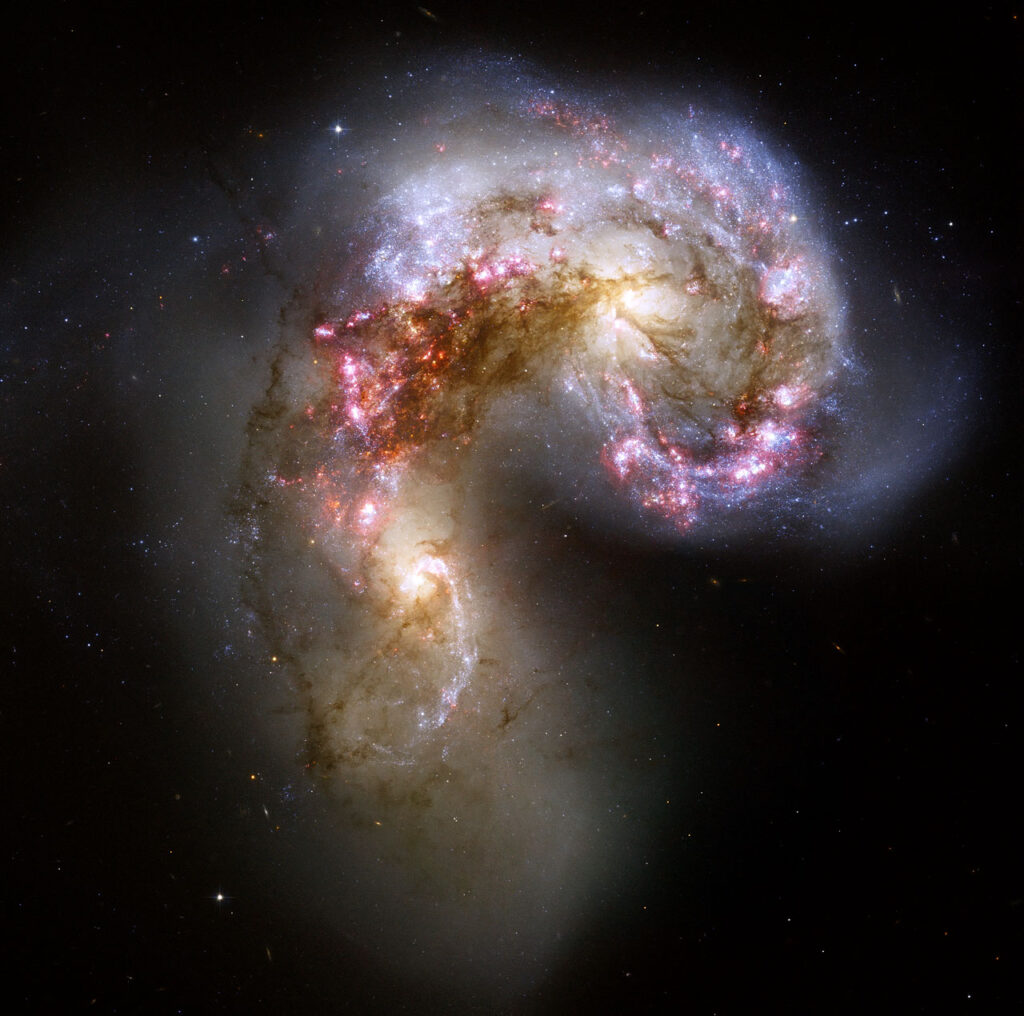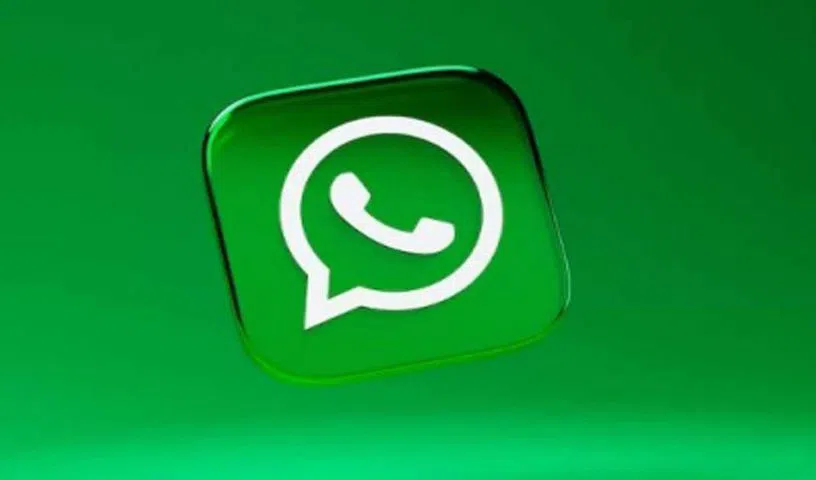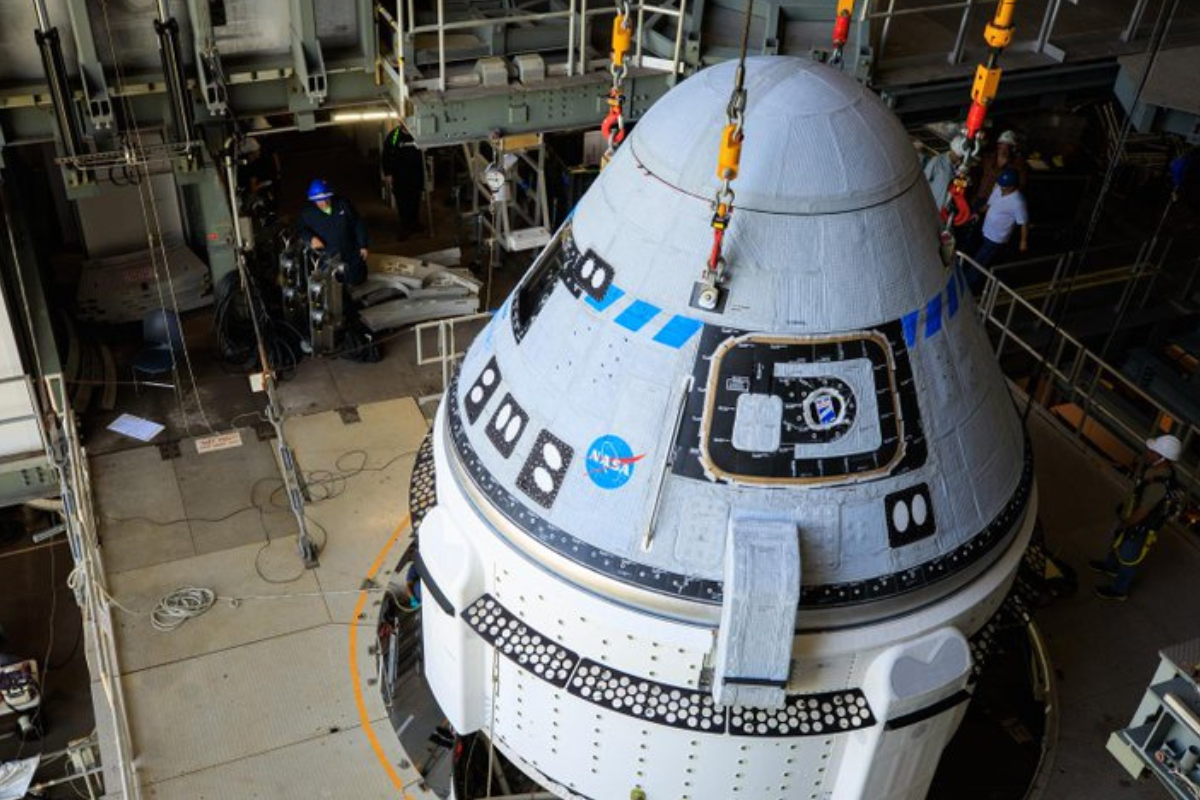NASA announced during a press conference that the Boeing Starliner’s debut crewed mission launch has been delayed to July 21 due to the certification process required for the spacecraft’s parachute systems.

NASA announced during a press conference on Wednesday (March 29) that Boeing’s Starliner spacecraft would launch on its maiden crewed voyage no earlier than July 21.
Starliner will launch on a United Launch Alliance Atlas V rocket from Space Launch Complex-41 at Cape Canaveral Space Force Station in Florida before it docks with the International Space Station.
The crewed Starliner OFT-2 mission was initially scheduled to launch in April but the launch had to be delayed to the certification processes required to give it an interim human rating.
According to Steve Stich, manager of NASA’s commercial crew program, most of the tests required to certify the flight are on track to being completed but the testing required for the parachute systems is what is delaying the launch.
“We didn’t run into any issues during the certification process. It took us longer to get the product (Starliner) to NASA and it is taking them a long time to review the product with us,” said Mark Nappi, when asked about whether teams from the space agency and Boeing ran into any issues during the certification process. Nappi is a vice president and program manager for the CST-100 Starliner at Boeing.
As part of the ten-day mission, Starliner will dock at the International Space Station before returning to land on Earth about a week later.
This end-to-end test flight will prove that the system is ready to fly crew to the space station just like rival SpaceX’s Crew Dragon. According to Stich, it is very important for NASA to have a second launch service provider apart from SpaceX.
NASA astronaut Butch Wilmore, commander of the mission and Suni Williams, who will be the pilot will hitch a ride to ISS as part of Starliner’s first crewed mission. During the eight days that they will spend on the space station, they will work with the rest of the ISS crew on ongoing research work.
Recent Posts
- Astronomers detect first direct image of black hole expelling a powerful jet
- WhatsApp rolling out ‘reply with message’ feature within call notifications
- Multi-Device Pairing May Be Arriving for Apple Watch this Year
- Artificial Intelligence Discovers Hidden Giant, a Planet 5 Times Larger Than Jupiter
- Google CEO Sundar Pichai Talks Bard & The Future Of Search
Recent Comments

Astronomers detect first direct image of black hole expelling a powerful jet

Artificial Intelligence Discovers Hidden Giant, a Planet 5 Times Larger Than Jupiter

Scientists explain melting of Antarctic ice sheet dating back 9,000 years

An Unexpected Discovery: Hubble, ESA's Gaia Spot Double Quasar That Existed Over 10 Billion Years Ago

Astronomers detect first direct image of black hole expelling a powerful jet

WhatsApp rolling out ‘reply with message’ feature within call notifications

Multi-Device Pairing May Be Arriving for Apple Watch this Year


